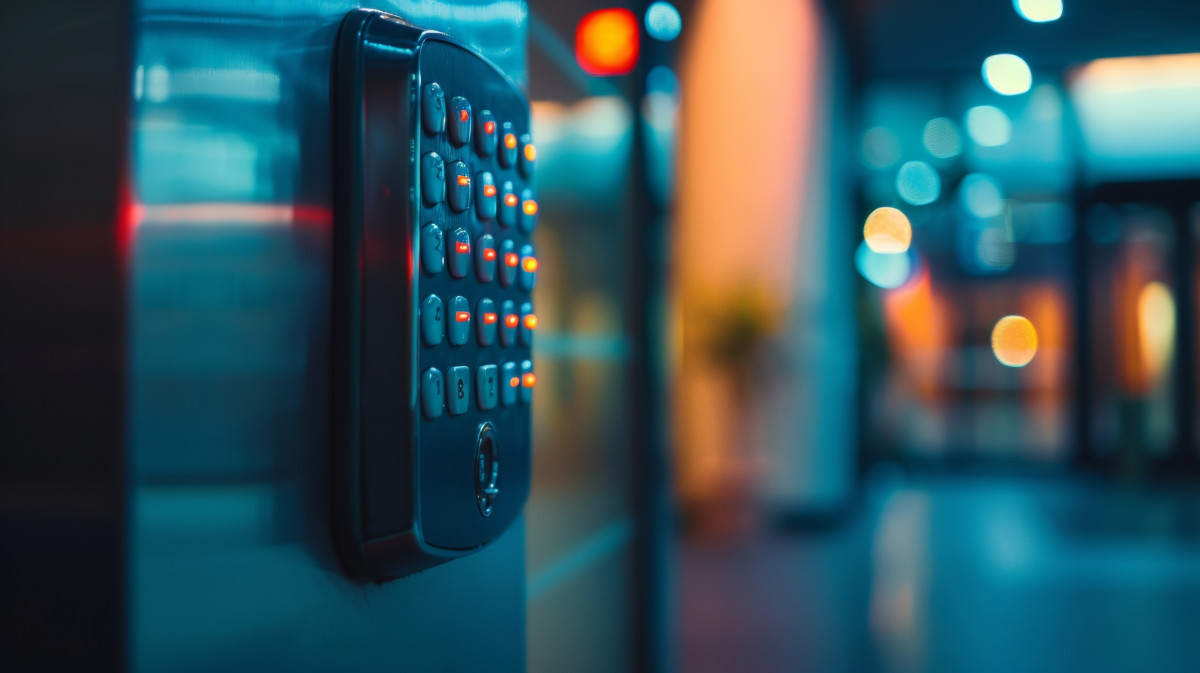AI Access Control Systems Transform Security and Efficiency in NYC Commercial Buildings

Summary
Full Article
The adoption of artificial intelligence-driven access control systems is fundamentally changing how New York City commercial buildings manage security and operational efficiency. Property managers across the city are transitioning from traditional key cards and fobs to cloud-based AI systems that offer centralized control, remote management capabilities, and significant cost reductions. This technological shift addresses the unique pressures faced by NYC commercial properties, where time constraints, security threats, and operational complexity demand more sophisticated solutions.
Modern access control systems deliver immediate efficiency gains through centralized dashboards that allow administrators to oversee every access point in real time across multiple floors or properties. The ability to lock or unlock doors, grant temporary access, and adjust permissions remotely provides unprecedented flexibility for property managers. Mobile credentials eliminate the need for physical key cards, reducing replacement costs and security risks associated with lost credentials. Cloud-native software automatically updates with new features and security patches, minimizing reliance on onsite IT infrastructure and dedicated staff.
Scalability represents another critical advantage for NYC property portfolios. AI access control systems can expand seamlessly from single-door installations to entire building networks without complexity. Property managers can oversee multiple locations from a unified platform while maintaining consistent user experiences for tenants accessing different facilities. This scalability proves particularly valuable for mixed-use towers and multi-tenant office buildings where security requirements evolve with tenant growth and property expansion.
The future-proof nature of AI access control systems provides long-term security benefits through automatic updates that patch vulnerabilities without requiring technician visits. Self-learning algorithms analyze access patterns to flag suspicious behavior, such as repeated failed entry attempts or unusual traffic flows. These systems maintain backward compatibility with existing infrastructure while ensuring forward compatibility with emerging technologies. The integration of access events with real-time video feeds through platforms like Avigilon Alta enhances security verification and audit capabilities.
For property managers and tenants alike, AI access control delivers operational peace of mind by reducing human error through automated credentialing and providing comprehensive audit trails for compliance and investigations. The reliability of cloud-based management minimizes downtime risks, ensuring continuous operation in a city where building functionality cannot be compromised. As NYC commercial properties face increasing security challenges and operational demands, AI access control systems represent not just a technological upgrade but a fundamental shift in how buildings secure their future while optimizing present operations.

This story is based on an article that was registered on the blockchain. The original source content used for this article is located at Press Services
Article Control ID: 223734